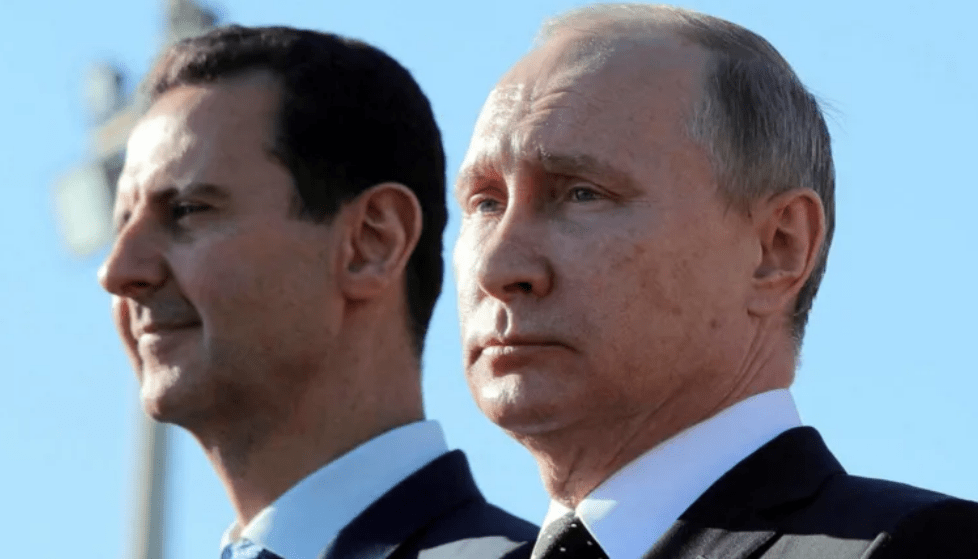By Islam Salah
Syria’s former leader Bashar al-Assad has fled to Russia following the collapse of his regime. Moscow confirmed its role in facilitating his escape, describing it as “the most secure way possible.”
Assad’s asylum in Russia signals a calculated decision, leveraging the strong alliance between the two nations to ensure his safety.
Why Russia?
Bashar al-Assad’s choice to seek refuge in Russia is not unexpected, given the strong relationship between the two countries. Throughout Syria’s civil war, Russia provided critical military and political support, helping Assad maintain power despite internal opposition and external pressures.
This alliance has been a cornerstone of Assad’s ability to hold key territories during the conflict.
The decision provides the former Syrian leader with a secure refuge while he faces mounting international criticism, particularly for his regime’s actions during the conflict.
Russia’s Stance on Accountability
As accusations of war crimes mount against Assad, Moscow has indicated it will not extradite him to the International Criminal Court (ICC), where he could face charges.
Moscow’s refusal to hand over Assad to the ICC has drawn global attention as international organizations continue to document alleged war crimes committed under his regime.
Human rights groups accuse Assad’s government of overseeing systematic torture, indiscriminate bombings, and mass disappearances during the war.
Despite these allegations, Russian officials have been clear that Assad will remain under their protection, citing that Russia is not a party to the convention that established the International Criminal Court.
A Precarious Future
In the absence of a formal trial, addressing the allegations against Assad’s regime will remain a challenge.
Back in Syria, the new government faces the daunting task of rebuilding a nation fractured by years of conflict. Prime Minister Mohamed al-Bashir has pledged to hold war criminals accountable under Syrian law, but questions remain about how far-reaching these efforts will be.
Russia’s Role in Moving Forward
Assad’s asylum raises broader questions about Russia’s long-term role in Syria. Having been a critical ally during the conflict, Moscow now finds itself at the center of discussions about Syria’s reconstruction and political future.
For Assad, Russia offers not only a refuge but also a shield against international prosecution. As for Syria, his departure marks the end of an era but leaves lingering challenges.
WE ALSO SAID: Don’t Miss…From Darkness To Freedom: The Liberation Of Saydnaya Prison



